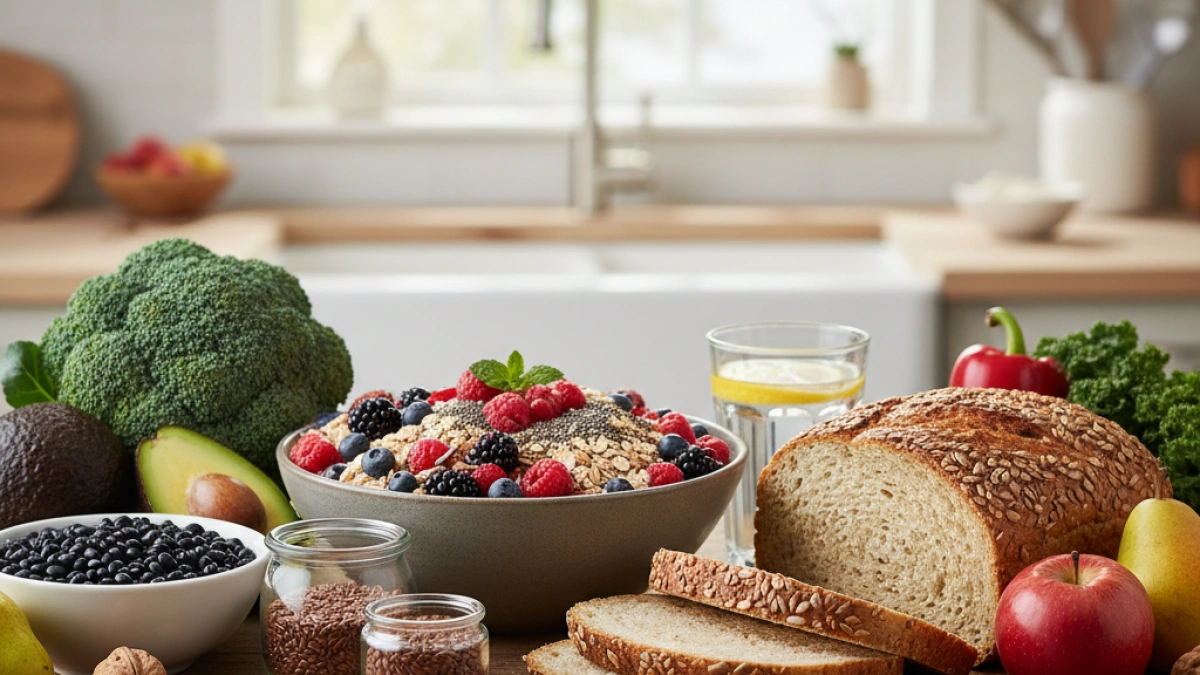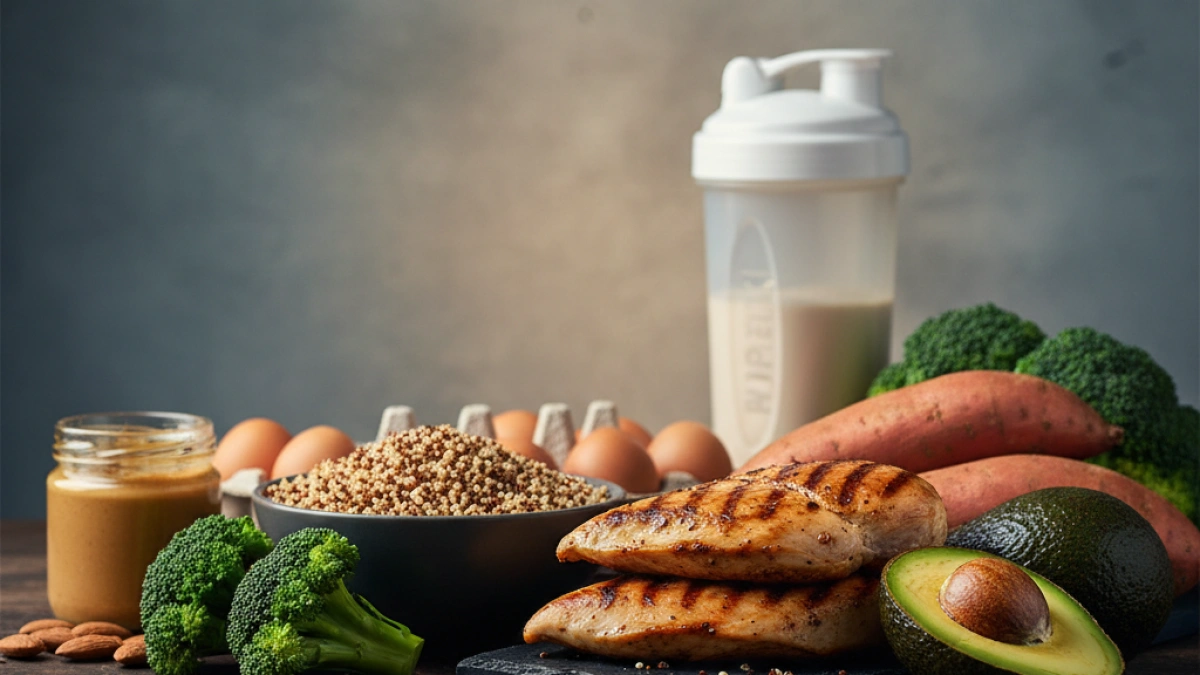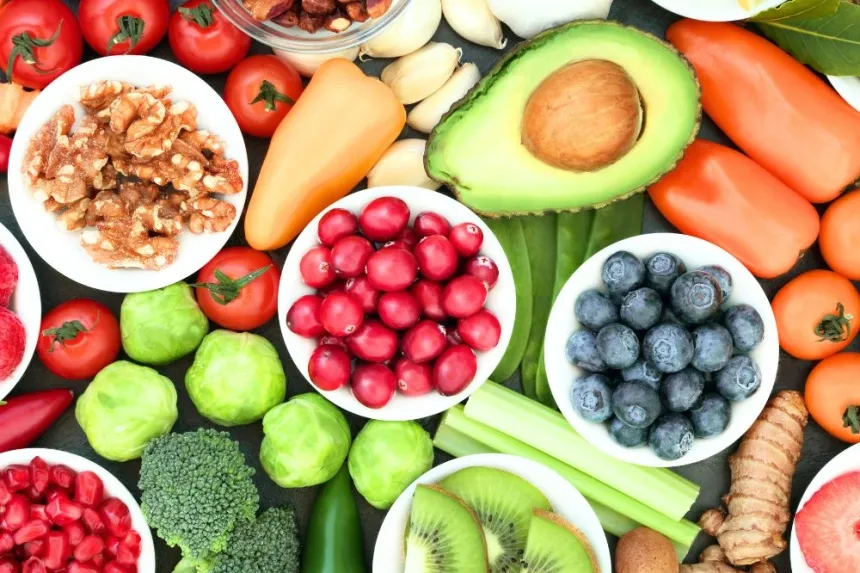Foods rich in fiber: benefits and healthy options

Incorporating fiber-rich foods into our diet can result in various health benefits. Fiber is an essential component that not only aids in the proper functioning of the digestive system but also contributes to overall good health. Below, we will explore the advantages of including more fiber in your diet and some healthy options you can consider.
What is Fiber?
Fiber is a type of carbohydrate that the body cannot digest. Unlike other nutrients, fiber passes through the digestive system without being broken down, making it a valuable ally for intestinal health. There are two main types of fiber: soluble and insoluble. Both are important, but they have different functions in the body.
Soluble Fiber
Soluble fiber dissolves in water and can help reduce cholesterol and control blood glucose levels. It is found in foods such as:
- Oats
- Fruits (apples, citrus, pears)
- Legumes (lentils, beans)
- Chia seeds
Insoluble Fiber
Insoluble fiber does not dissolve in water and is essential for regular bowel movement. It helps prevent issues such as constipation. You can find insoluble fiber in:
- Whole grain products (whole grain bread and rice)
- Fruits and vegetables with skins (carrots, cucumbers)
- Nuts
Benefits of Consuming Fiber
Improves Digestion
Fiber is crucial for maintaining a healthy digestive system. It facilitates intestinal transit and helps prevent both constipation and other more serious digestive problems.
Weight Control
A fiber-rich diet can help you feel full for longer, which may reduce calorie intake. Fiber-rich foods are often lower in calories and can be an effective tool for weight management.
Cardiovascular Health
Regular consumption of soluble fiber can help lower LDL cholesterol levels (the "bad" cholesterol), reducing the risk of heart disease. A fiber-rich diet is also associated with better blood pressure and a reduced risk of cardiovascular disease.
Blood Sugar Control
Soluble fiber can also help regulate blood sugar levels, which is beneficial for people with diabetes or those experiencing blood sugar issues. By slowing the absorption of sugar, fiber helps maintain stable glucose levels.
Fiber-Rich Food Options
There are many ways to incorporate fiber into your diet. Here are some suggestions:
-
Breakfast: Start your day with a bowl of oatmeal or a smoothie that includes fiber-rich fruits and vegetables.
-
Healthy Snacks: Choose whole fruits, nuts, or vegetable sticks with hummus.
-
Salads: Add legumes like chickpeas or lentils to your salads for an extra fiber boost.
-
Whole Grain Substitutes: Choose whole grain products, such as bread and pasta, to increase the fiber content of your meals.
Conclusion
Incorporating fiber-rich foods is a simple and effective way to improve your health. It not only benefits your digestive system but can also help control weight and improve heart health. Consider including a variety of fiber-rich foods in your daily diet to take advantage of all their benefits.
I invite you to continue exploring more health and nutrition news on my blog. See you in the next read!











































